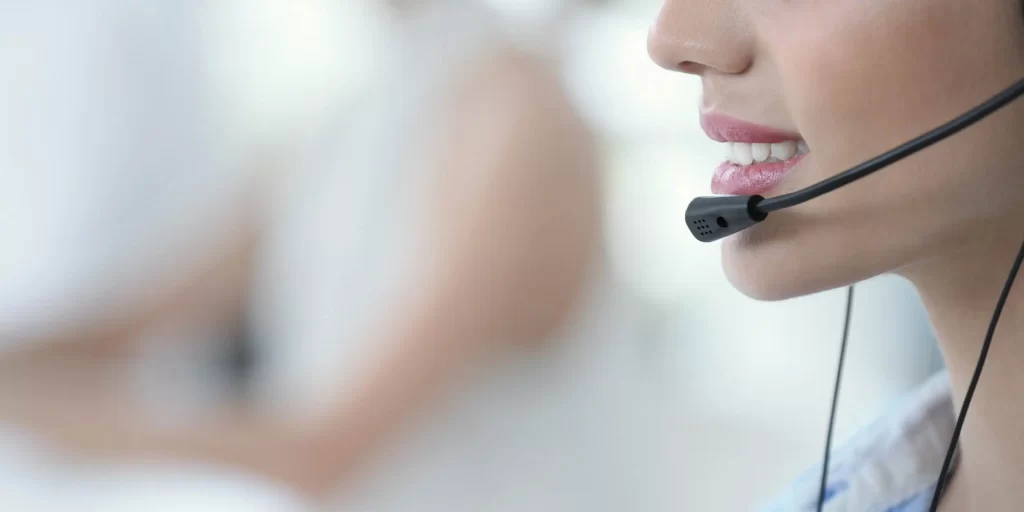
Alcohol abuse is the third-leading cause of death in the United States. The National Institute on Alcohol Abuse and Alcoholism (NIAAA) reported that in 2015, 15.1 million people struggled with an alcohol use disorder. Since drinking alcohol is socially acceptable, many people do not realize the early signs of alcohol addiction.
The Substance Abuse and Mental Health Services Administration (SAMHSA) categorizes heavy alcohol use as having four or more drinks for females or five or more drinks for males within a couple of hours for or more days in a month.
Alcohol abuse hotlines are generally 24-hour, toll-free numbers that individuals struggling with alcohol addiction can call for guidance. Alcohol hotlines employ trained experts who provide comprehensive information on the steps necessary to recover from alcohol addiction. Individuals that use these hotlines are under no obligation to seek treatment, though it is highly encouraged. More so, the aim of alcohol hotlines is to create awareness regarding all available treatment options and how a person can access such options.
Representatives at The Recovery Village Ridgefield can be reached through their 24/7 hotline 877-594-0735. A representative can assist callers with finding the most useful resources on their road to recovery.
New Year. Real Recovery.
The pressures of the season are real. Find lasting peace and expert support.

When to Call an Alcohol Abuse Hotline
Individuals struggling with alcohol are encouraged to call at least one alcohol abuse hotline to receive information about resources and treatment facilities in their area. Each hotline employs trained counselors that are sympathetic and non-judgemental. Hotlines encourage people to open up about their struggles and internal battles with alcohol addiction.
If an individual finds themselves in a life-threatening situation, always call 911. Alcohol abuse hotlines are for non-emergency situations that do not require immediate emergency assistance.
Local Alcohol Addiction Helplines
Washington state residents can access numerous local alcohol addiction helplines to receive information about the steps necessary for treatment. A list of facilities for teens and adults to call include:
Washington Recovery Helpline
Washington Recovery Helpline is a 24/7, confidential support helpline for Washington residents who feel challenged by any form of substance abuse, gambling, alcoholism or mental health disorders. Counselors provide guidance on how to work through a health crisis and information on local rehabilitation facilities that treat alcohol dependence.
- 1-866-789-1511
- Hours: 24/7
Teen Link
Teen Link is a teen-answered helpline for teens and young adults between 13 and 20 years old. This number mostly serves teenagers based in the King County, Washington, area. Teen volunteers provide an emotional, solution-based outlet for other teens struggling with alcohol dependence. Teens can also chat with peer counselors on any other issues that are plaguing them.
- 1-866-TEENLINK or 1-866-833-6546
- Hours: 6pm-10pm PST
Crisis Connections
Founded in 1964, the Washington-based helpline, Crisis Connections was originally called the Crisis Clinic. Crisis Connections offers five programs for crisis support, including:
- 24-hour crisis helpline (1-866-427-4747)
- King County 2-1-1 (1-800-621-4636)
- Teen Link (1-866-833-6546)
- WA Recovery Helpline (1-866-789-1511)
- WA Warm Line (1-877-500-9276)
These helplines provide mental and emotional support for various crises individuals may be facing. The WA Warm Line also provides support from people who have faced abuse, depression or mental health disorders in the past and can offer guidance and insights on recovery.
Washington Poison Center
Washington Poison Center is a 24-hour helpline which offers information and assistance concerning poisonous and hazardous chemicals or related accidents. It also provides resourceful guides on medication safety to Washington residents.
- 1-800-222-1222
- Hours: 24/7
SAMHSA Helpline and Treatment Locator
SAMHSA provides a Behavioral Health Treatment Services Locator which helps individuals find substance abuse or mental health treatment centers located anywhere in the United States and its territories. The SAMHSA Treatment Locator is a confidential service that provides a Google Maps overview of all the available treatment facilities in the region of interest. SAMHSA also offers a free national helpline available 24 hours a day to provide treatment referrals and community-based organizations.
- 1-800-662-HELP (4357)
- Hours: 24/7
Local Alcohol Support Groups
Receiving treatment for alcohol addiction may require more than just a stay at an inpatient rehabilitation facility. Individuals must be prepared for life after treatment, including temptations they may be faced with on a daily basis. Support Groups are invariably an important resource for those struggling with alcohol abuse. Local alcohol support groups in Washington state include:
- Alcoholics Anonymous: This is a group of individuals who struggle with some level of alcohol abuse and made the decision to quit. AA Washington state has no membership fees. All genders and races are welcome and encouraged to participate in group meetings. During AA meetings in Washington state, people discuss their struggles with not using alcohol and offer support and encouragement to others.
- Washington Area Al-Anon: This support group involves family members or loved ones impacted by alcohol addiction in some way. Al-Anon allows individuals to share their feelings of pain and trauma. Members are encouraged to offer guidance to one another and make positive behavioral changes, if necessary.
Washington State Alcohol Treatment Center
The Recovery Village Ridgefield includes a residential drug and alcohol treatment center as well as a detox center in Washington state. Medically-assisted programs involve therapy sessions, individualized treatment plans, healthy meals and supportive recreational activities like reading, yoga and music. Trained addiction professionals assist in building post-treatment plans to decrease the chance of relapse.
If you or someone you know struggles with alcohol addiction, call The Recovery Village Ridgefield to speak with a representative who can assist you in choosing an effective path to recovery. Take the first step toward a healthier future, call today.



